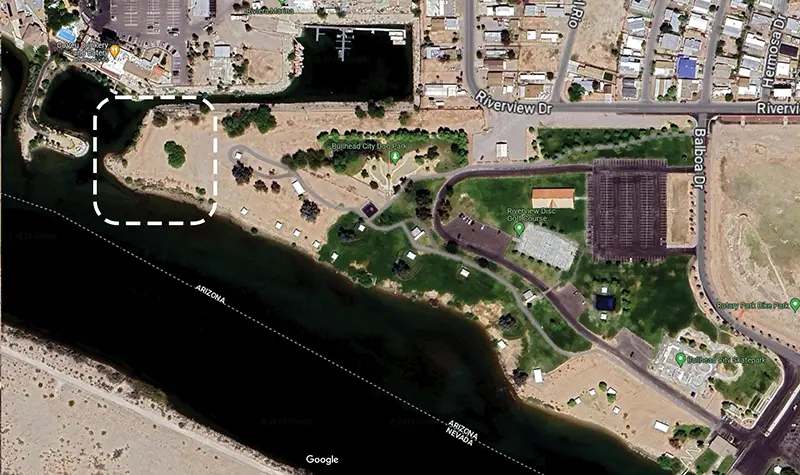ARIZONA — Recent developments within the Arizona Department of Child Safety (DCS) have raised significant concerns about its handling of missing or deceased children in foster care. The department, tasked with protecting Arizona’s most vulnerable children, has been under scrutiny for issues ranging from delayed reporting of missing children to systemic management problems.
In the wake of tragic incidents where children under DCS care went missing or were found deceased, Arizona lawmakers passed House Bill 2651. Sponsored by Rep. Barbara Parker, R-Mesa, the law mandates DCS to notify local police and the National Center for Missing and Exploited Children within 24 hours of a foster child going missing. Within 48 hours, law enforcement is required to provide details to local media and on social media platforms. Despite these measures, testimonies at legislative hearings indicated lapses in the timely execution of these protocols.
The semi-annual child welfare report, released by DCS, highlighted that as many as 133 children ran away while in DCS custody since December 2022, with some cases resulting in fatalities. This data underscores the urgency of implementing effective tracking and reporting systems for missing foster children. However, advocates and parents have raised concerns about the actual effectiveness of the new law. Anika Robinson, a foster care advocate, emphasized that although the new law mirrors existing federal rules, DCS’s failure to follow these protocols has led to heartbreaking situations where parents were informed of their child’s disappearance or death days later. Similar sentiments were echoed by other parents and guardians who testified about the delays in receiving notifications from DCS.
In response to these challenges, calls have been made for DCS to establish a new unit dedicated to tracking missing and runaway foster children. This proposed unit aims to supplement the efforts of individual caseworkers and ensure adherence to statutory reporting requirements. Despite these efforts, confidentiality laws limit DCS’s ability to share information directly with the media or on social media, making them dependent on law enforcement agencies for publicizing searches.
The department’s struggles extend beyond the issue of missing children. A recent state audit report criticized DCS for repeatedly missing deadlines to submit reports to juvenile courts, slow investigations of complaints at foster and group homes, and failures in verifying the qualifications of foster parents and adoption applicants. The audit also revealed that DCS had not fully implemented a significant number of recommendations from past audits.
Further complicating matters, a document management failure in DCS’s database software program, Guardian, led to thousands of documents not being made discoverable in over 3,800 cases, including finalized adoptions. This issue, dating back to February 2021, raised concerns about the integrity of dependency, severance, and adoption proceedings, and the potential infringement on the due process rights of parents. David Lujan, DCS Executive Deputy Director, acknowledged these audit findings and committed to addressing the highlighted issues. He stressed the importance of implementing the Auditor General’s recommendations, noting that the families and children of Arizona deserve these actions.
As DCS grapples with these multifaceted challenges, the focus remains on enhancing protocols and systems to ensure the safety and well-being of foster children in Arizona. The department’s response and actions in the coming days will be critical in addressing the concerns of parents, guardians, and advocates, and in restoring trust in its ability to safeguard the state’s most vulnerable children.
The department’s operational inefficiencies extend to its oversight of group homes. According to the state auditors, nearly three dozen group homes had no DCS oversight for 16 months. With around 2,700 group and foster homes in Arizona, the delay in investigating complaints against operators and the sluggish enforcement actions against non-compliant foster homes signal a need for heightened vigilance and regulatory oversight.
Additionally, the department’s high turnover rate complicates trial preparations and the accuracy of caseworker testimonies. Caseworkers often rely on notes and reports in the Guardian system for trials, which may occur months after their initial work on a case. This reliance, combined with staff changes, raises concerns about the reliability and thoroughness of information presented in court settings.
In light of these issues, DCS has stated its commitment to improvement. The recent reduction in the number of children in foster care, attributed to departmental overhauls like expanded prevention services and addressing case backlogs, shows some progress. However, the audit findings and continued reports of issues in operational management and child safety underscore the need for ongoing reforms and rigorous implementation of new protocols.
— Jeremy Webb.
Lake Havasu Annual Holiday Boat Parade of Lights returns for 2024
LAKE HAVASU — Lake Havasu City, Arizona, will once again come alive with holiday spirit on...
Read More

























